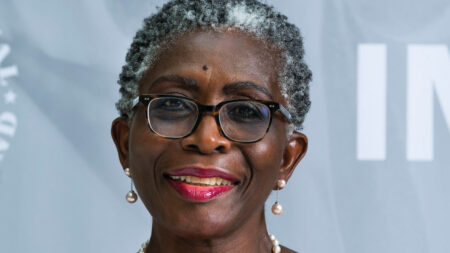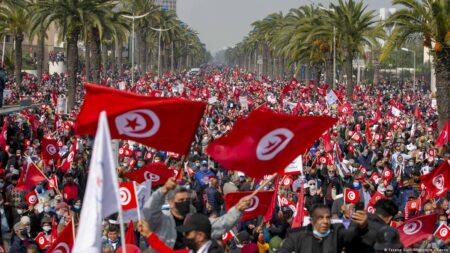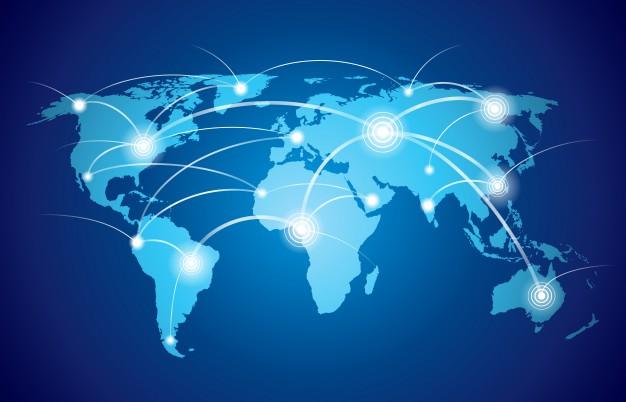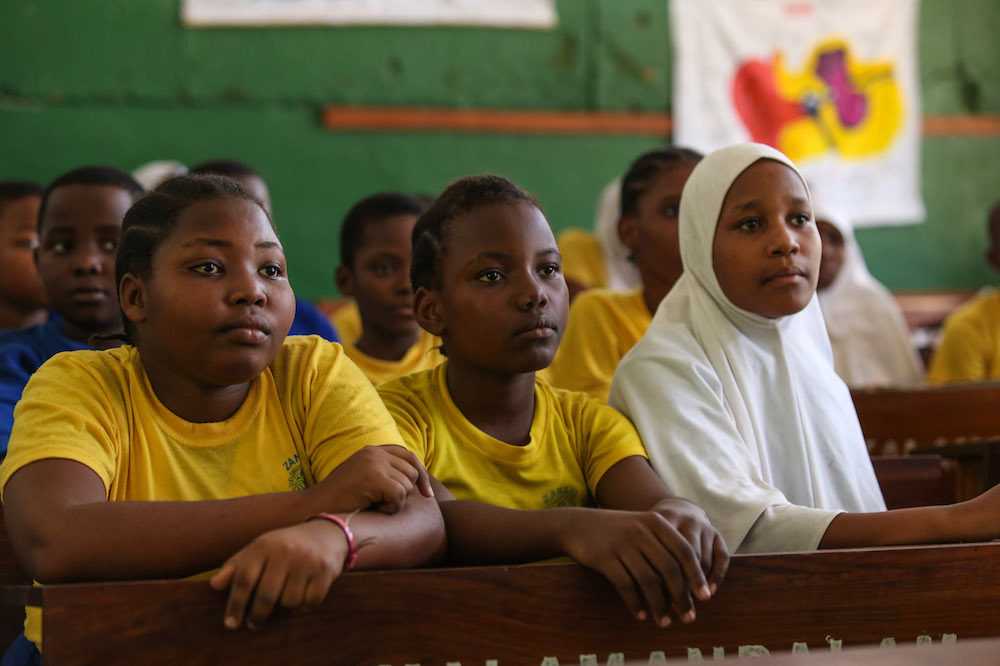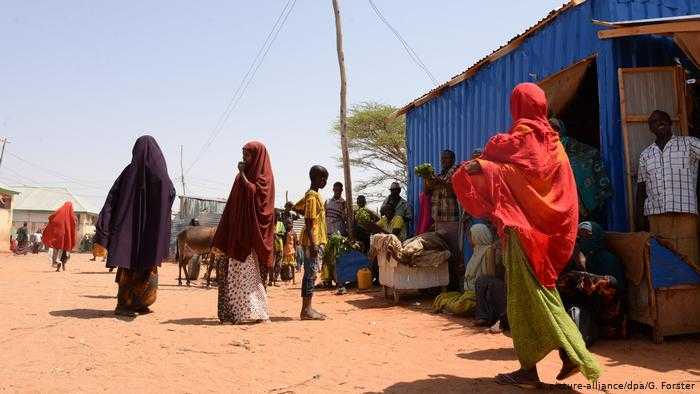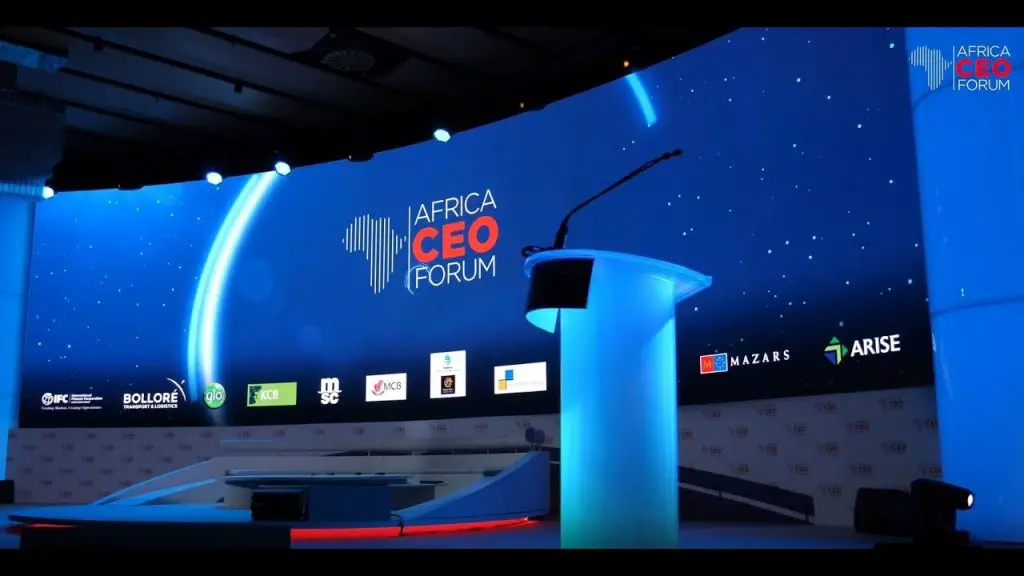- How transition finance can catalyse Africa’s green industrial revolution
- Stanbic PMI Report: Mixed performance as Kenya’s agriculture, construction offset manufacturing decline
- Uganda’s land management gets a tech makeover to boost transparency
- Nigeria’s output dips fastest in 19 months on a sharp rise in costs
- Apple faces growing backlash over Congo exploitation
- Why East Africa is staring at higher wheat prices in 2025
- Nairobi Gate SEZ pumps $7 million into Kenya’s agro-processing industry
- What impact will the US election have on Africa?
Browsing: World Bank Group
- Antoinette Monsio Sayeh is set to retire as Deputy Managing Director of the International Monetary Fund (IMF) on September 12, 2024.
- The IMF says her experience, deep integrity, and wise judgment have been invaluable to the global lender.
- Antoinette Sayeh oversaw several vital initiatives of operations, policies, and corporate priorities, drawing on her deep knowledge of the institution.
Liberian management icon and trailblazer Antoinette Monsio Sayeh is set to retire from the International Monetary Fund (IMF) on September 12, 2024.
In an update by the IMF Managing Director Kristalina Georgieva, Antoinette Sayeh will conclude her tour of duty in the Washington-based institution this September where she has been serving as the Deputy Managing Director since 2020.
At the helm, she served with deputy managing directors Kenji Okamura (Japan), Bo Li (China) and Gita Gopinath (US/India) who is the first managing director.
“Antoinette has been a pillar of the Fund’s leadership …
- The new partnership is aimed at creating quality jobs and boosting resilience to climate change.
- The strategy aims at improved resilience to climate change and reduced carbon emissions.
- Agreement will enhance the resilience and competitiveness of the private sector to create jobs.
The World Bank Group has announced a new five-year Country Partnership Framework (CPF) with Tunisia that supports the government’s development plan to expand the economy and tackle climate change. The new partnership aims at creating quality jobs, and boosting resilience to climate change.
The strategy was discussed with the World Bank Group’s Board of Directors and provides direction for the Bank Group to continue playing its role as a long-term partner of the country and its people.
Tunisia Vision 2035
“This new strategy provides the basis for the World Bank and Tunisia to accelerate programs to help unleash the country’s economic potential and foster a better future for …
The covid-19crisis could cost the world an estimated $28trn in output losses over the next five years according to the Managing Director of the International Monetary Fund (IMF), Kristalina Georgieva.
She gave her remarks during the IMF and World Bank Group annual meeting which was held virtually.
“Nine months into the pandemic, we are still struggling with the darkness of a crisis that has taken more than a million lives, and driven the economy into reverse, causing sharply higher unemployment, rising poverty and the risk of “a lost generation” in low-income countries,” Georgieva said.
She added that over the last few months the picture has become less dire although IMF continues to foresee a worst global recession since the 1930 Great Depression. She also notes that in 2020 growth is expected to fall to -4.4 per cent.
She also added that despite there being tremendous uncertainty around IMF’s forecast, they …
World Bank Group, Tanzania’s biggest lender has approved a $500 million education loan, after a series of delays triggered by various concerns related to banning pregnant students from public schools, drawing harsh criticism from human rights activists and politicians.
The lender froze $1.7 billion in loans to Tanzania in 2018 following both the pregnant student ban and a harsh statistics law. It started releasing funds again to the East African country last September.
According to information from the World Bank, the $500 million Secondary Education Quality Improvement Project (SEQUIP) will directly benefit about 6.5 million secondary school students by strengthening government-run schools and establishing stronger educational pathways for students who leave the formal school system.
However, the terms of the loan, which is designed to improve secondary school access, give pregnant students – who were forced to drop out – a chance to complete their schooling through alternative public education …
The World Bank Group gave $12 billion to help countries that are dealing with the health and economic effects of the global outbreak of coronavirus.
As coronavirus reaches more than 60 countries in the world, World bank’s financing is designed to help it’s member countries take constructive action to respond and reduce the tragic effects caused by the virus where possible.
Through this new package, the World Bank Group will help developing countries strengthen health systems, by bettering access to health services to protect people from the virus, strengthening the virus surveillance, improving the public health interventions and to reduce the impact on economies by working with the private sector.
To support country-based responses, World Bank’s financial package will be globally coordinated with financing drawn from across International Bank for Reconstruction and Development (IBRD), International Development Association (IDA) and International Finance Corporation (IFC).
Through the coronavirus support package, initial crisis …
Africa’s close development partner, World Bank—on Thursday took a serious initiative to restore its relations with Somalia, after being dull for almost 30 years
According to the statement from World Bank Group, the bank’s Board of Executive Directors moved toward normalizing its relations with the Federal Government of Somalia (FGS).
World Bank anticipates that the restoration will open up opportunities for Somalia to access concessional financing from the World Bank’s International Development Association (IDA) and to work closely with all arms of the World Bank Group to attract investment that will support the country’s stability and development.
The restoration could revitalize Somalia’s economic sphere, as the nation’s real gross domestic product (GDP) growth weakened in 2017 due to the severe drought. Although Somalia averted widespread famine in 2017, the drought led to large-scale food insecurity, affecting more than six million people.
In that context, World Bank Vice President for Africa …
International Finance Corporation (IFC), a member of the World Bank Group, announced that it will co-host the AFRICA CEO FORUM 2020.
IFC’s support for the event shows its increasing commitment to help Africa’s governments, businesses, and entrepreneurs overcome challenges, increase trade, create jobs and drive innovation.
The Africa CEO Forum will be held on March 9 to 10 next year in Abidjan, Côte d’Ivoire.
It is the leading international conference dedicated to supporting private sector-led growth on the continent.
The upcoming 8th edition of the AFRICA CEO FORUM will focus on regional integration, the impact of technological advances, infrastructure development and jobs.
It will also cover other areas relevant to unlocking the continent’s economic potential and helping improve lives.
IFC which has co-hosted the FORUM since 2018, is at the centre of discussions on these and other development topics which will help drive economic transformation in the …
The Doing Business 2020 study shows that developing economies are catching up with developed economies in the ease of doing business.
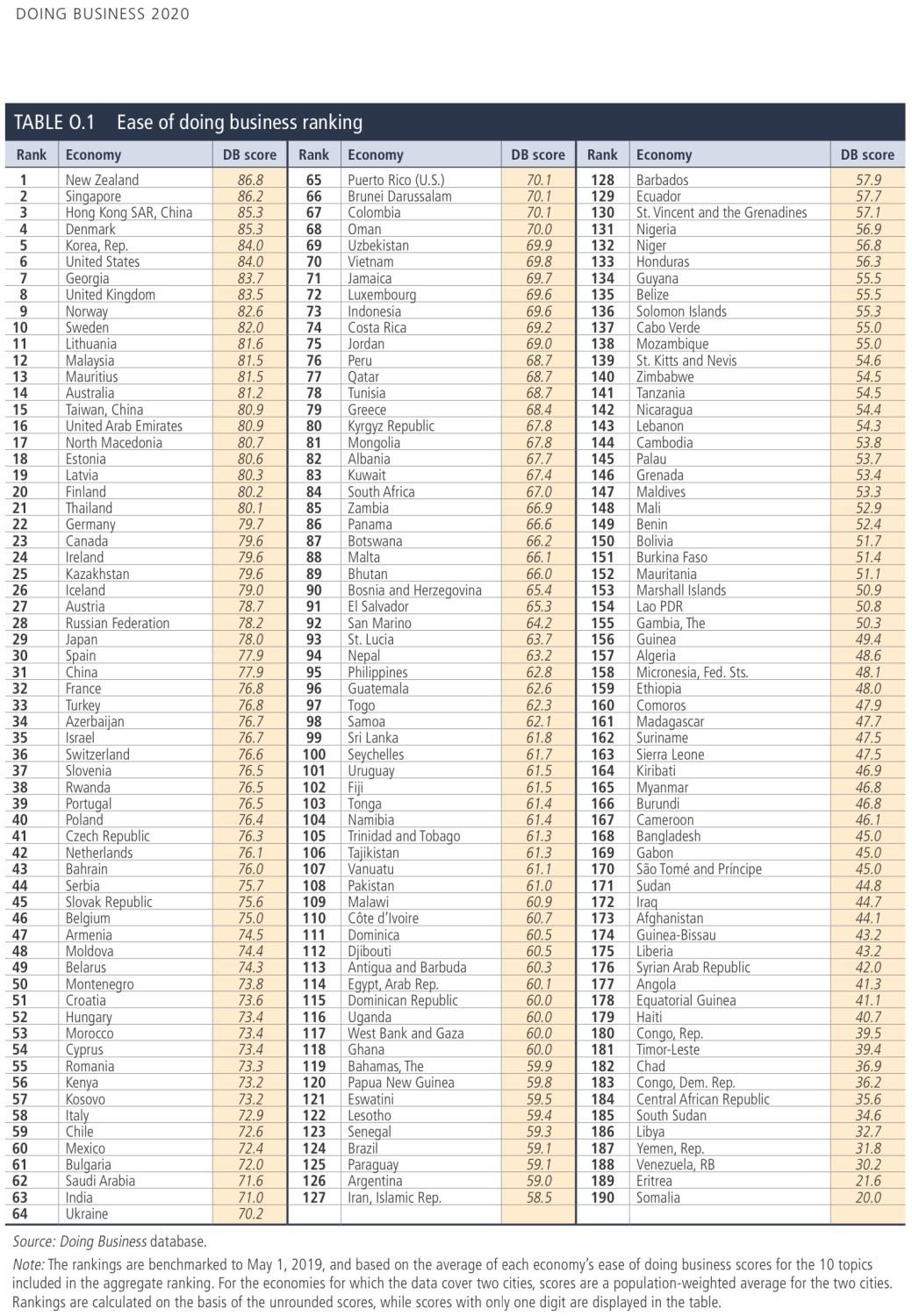
Still, the gap remains wide. An entrepreneur in a low-income economy typically spends around 50 per cent of the country’s per-capita income to launch a company, compared with just 4.2 per cent for an entrepreneur in a high- income economy. It takes nearly six times as long on average to start a business in the economies ranked in the bottom 50 as in the top 20.
There’s ample room for developing economies to catch up with developed countries on most of the Doing Business indicators. Performance in the area of legal rights, for example, remains weakest among low- and middle-income economies.
Doing Business recognizes the important work countries have done to improve their regulatory environments. Among the 10 economies that advanced the most, efforts were focused on the areas …





